We all want a home that’s sustainable and eco-friendly. It doesn’t have to be hard, either! Here are some suggestions you would like to get started if you’re looking for eco-friendly ways to improve your current house or are thinking about moving altogether.
Reduce Energy Usage
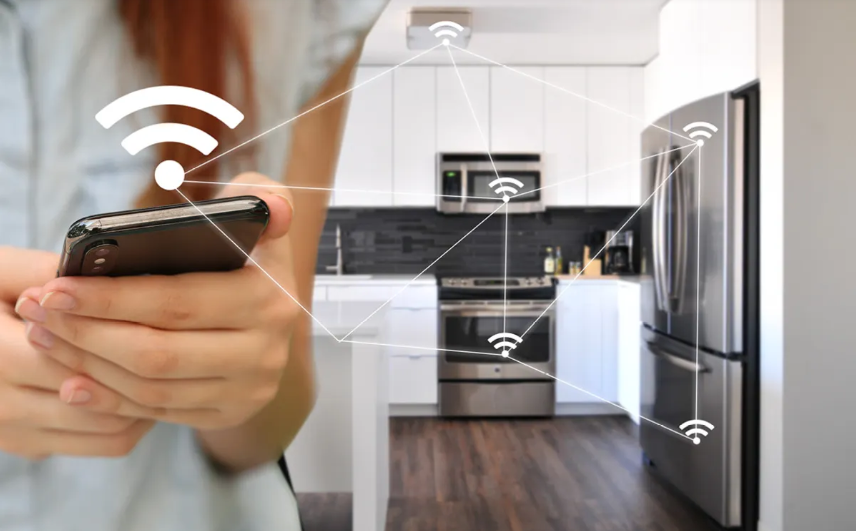
Install smart appliances and fixtures that can be controlled remotely (Wi-Fi enabled) or automatically (programmed to turn on/off at certain times). Common reminders to save energy: turn off the lights when not needed. As you brush your teeth, turn the water off and use a cup. Avoid letting the water run when shaving or washing your hands.
Install Solar Panels
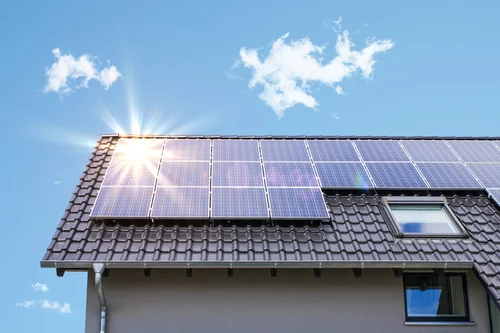
Lessen your carbon footprint with solar panels and make your residence more environmentally conscious. Although installing solar panels is generally straightforward, there are a few things to consider first.
The money that you will save by installing solar panels and whether or not this return on investment is appropriate for your circumstances should be taken into account. The typical cost of installing them varies depending on your residence location and what kind of system will work best for your home.
Choose Energy Efficient Light Bulbs
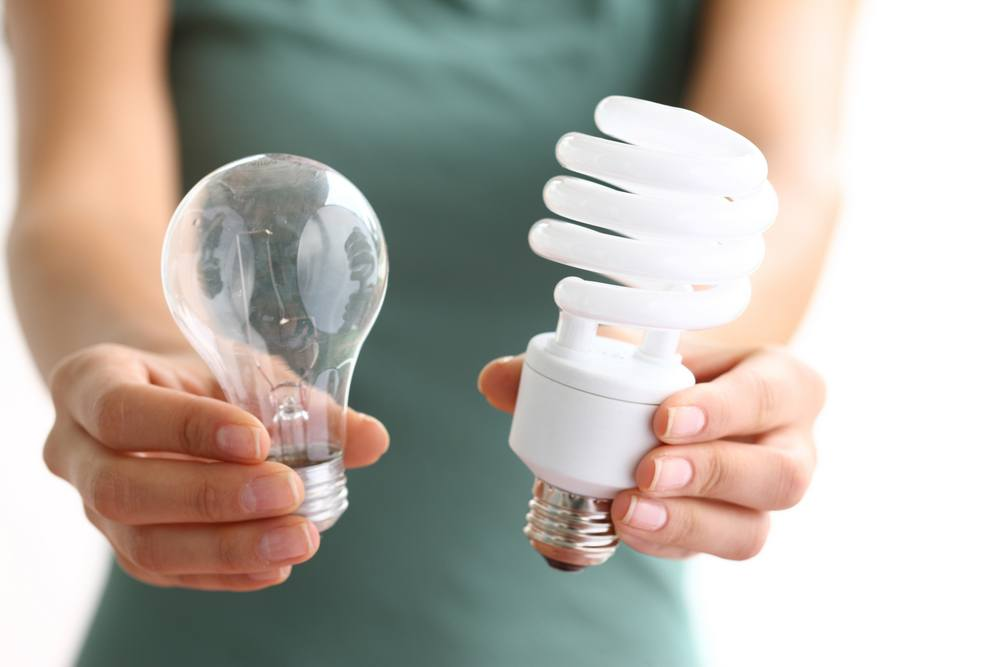
Energy-efficient light bulbs are a terrific way to save money and lessen your carbon footprint, so you should choose them. Energy-efficient bulbs use 80% less energy than traditional incandescent bulbs, so you can save hundreds of pesos each year by using them instead of your old ones. They also last much longer than incandescent lights, which means you won’t have to replace them as often either!
Don’t worry if you’re concerned about the price of replacing the bulbs in your home; there are many solutions available at reasonable prices.
Pick Water-based Paints
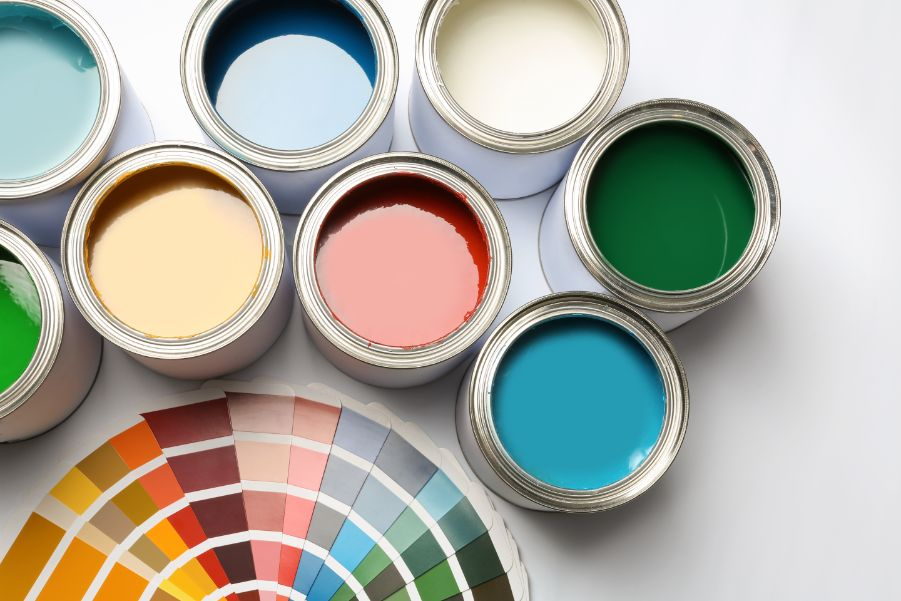
Beyond simply following the rules, using water-based paints has advantages, such as being safer and more comfortable to work with due to their low odor. When working in small settings, they are less combustible. You have a lower chance of exceeding VOC limits and paying steep fines.
You can also look into other eco-friendly options like bamboo flooring or recycled carpeting that uses recycled materials from old carpets.
Think Green When Cleaning
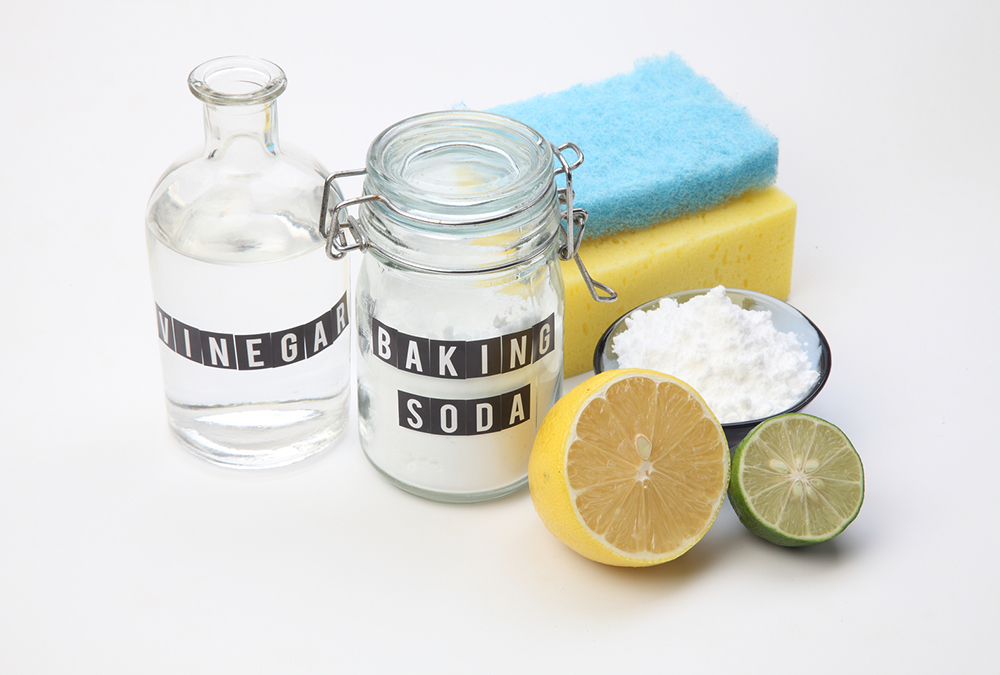
Use homemade cleaning solutions instead of abrasive cleaners. You may use products that are already in your refrigerator or pantry for various cleaning tasks, like baking soda, white vinegar, salt, and lemons. Try frequently misting your showerhead with a mixture of distilled white vinegar and water, for instance. Your showerhead’s luster can be restored by using this DIY cleaning solution to help dissolve limescale deposit accumulation.
Use a broom instead of a vacuum! Who wouldn’t want better for the environment, better for their back, and better for the environment?
Use biodegradable products whenever possible. And don’t forget: microfiber cloths are much gentler on surfaces than sponges or paper towels; this means less scrubbing required, so there’s less likelihood of damaging surfaces over time too!
Simplify Purchasing Habits

Purchase in bulk, you not only save money but also assist in eliminating packaging waste and other associated costs.
Buy used items whenever possible (and safe). There are numerous resources available for locating gently used furniture. Even Home Buddies on Facebook have a designated day where you can see good deals at a good price! Look around at thrift stores as well; there are often gems hiding!
Avoid Using Plastics
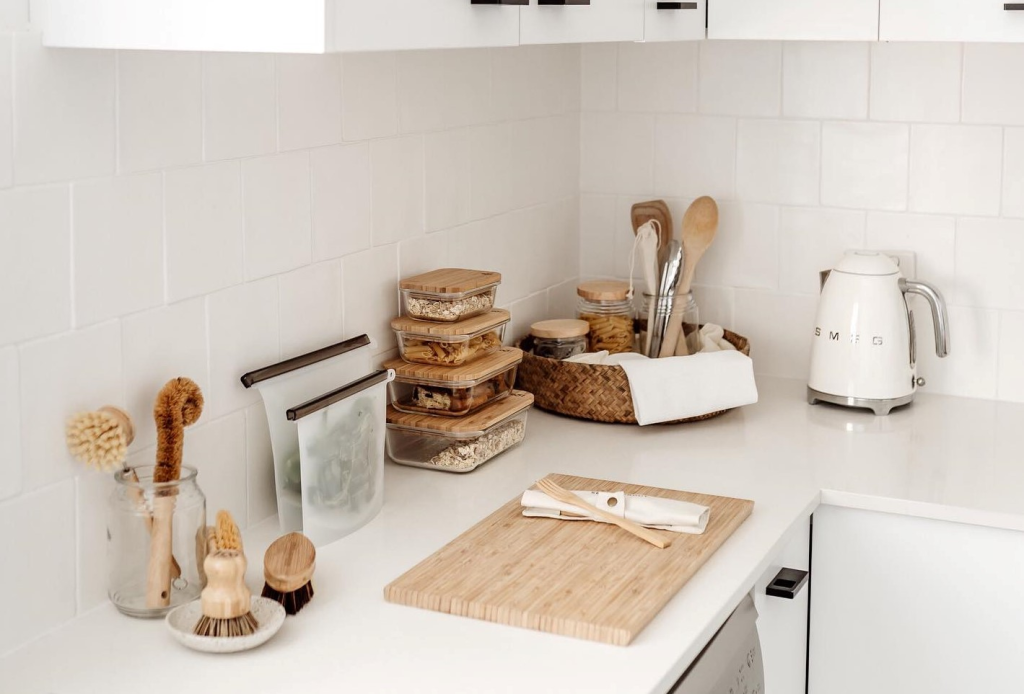
Plastics are one of the most harmful materials to the environment. And even after thousands of years, it doesn’t dissolve but only breakdown into microplastics which affect marine life by making breathing and eating difficult.
Don’t buy single-use items such as plastic water bottles or disposable cups/plates/cutlery; instead, carry around a reusable bottle or cup with you at all times! You can also purchase reusable straws made from stainless steel or bamboo if you want something more portable.
Compost Your Food Waste
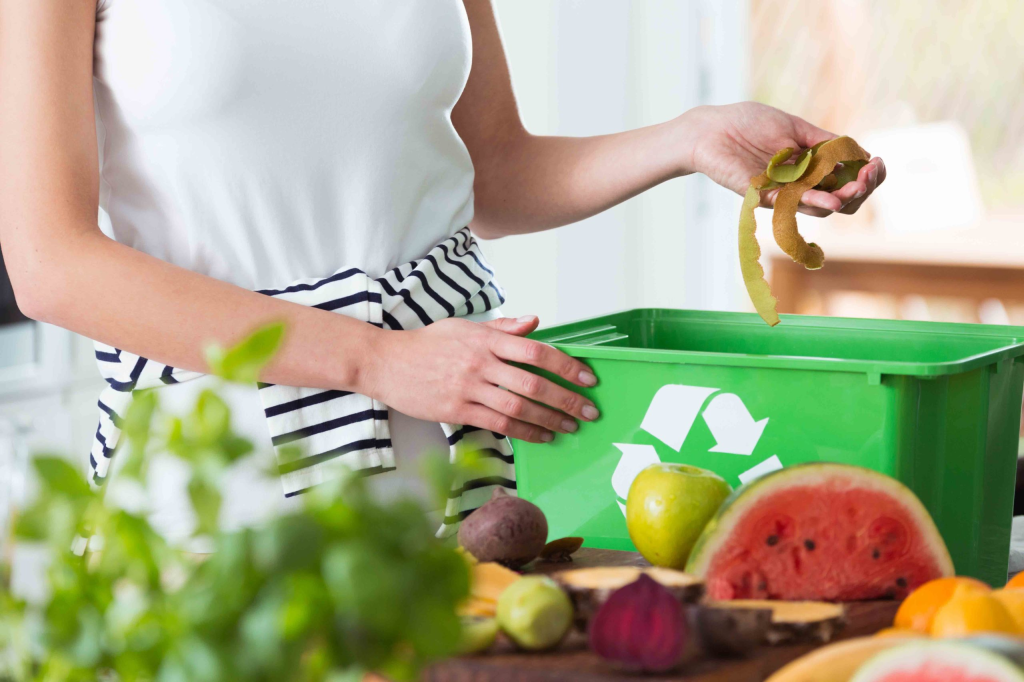
The easiest way to compost is to use a compost bin. Simply dump your organic waste into the bin, and let nature take its course. The larger and more varied the material, the longer it will take to decompose.
Recycle Water
As the water crisis deepens, recycle your waste water and keep doing your part in recycling water:
- Showering can be the biggest use of water for most people. It’s an excellent place to start saving water. Collect some of your daily shower water to then use for cleaning your house. Just add a splash of all-purpose cleaner to your bucket of shower water, and you’re good to go!
- Place a bucket in your shower. By placing a bucket under the stream of water as it comes out, you can collect gallons of water for later use. After you’ve finished showering and removed the bucket from beneath the showerhead, consider how best to reuse this water. Some ideas: Use it to wash a car, clean some shoes, or flush the toilet.
- Rainwater is better than tap water for watering your plants because it is free from minerals, salts, and other chemicals. Harvest rainwater with buckets or barrels. Simply place water tanks below the downspouts of your gutter system, and before long, you will have enough water for your garden or lawn.
- You can use water from washing fruits and vegetables or boiling pasta to water your house plants. You can also collect the water from your aquarium to fertilize your lawn or garden. This will help save water while giving back to the planet.
- When you make a smoothie in the morning, it’s likely that you have leftover ice. Rather than just tossing the ice cubes in the trash, consider scattering them over your lawn or adding them to your pet’s water bowl.
- Save water with a low-flow showerhead since it can save you up to 1,000 gallons of water per year. That’s a lot of money and resources saved! Low-flow shower heads are available at most hardware stores, so if you’re interested in making the switch, pick one up today at the nearest AllHome shop near Lumina Homes!
